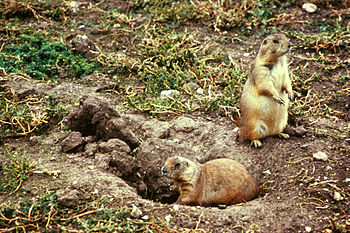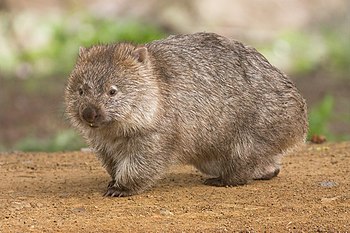Cotswold Wildlife Park
 We took our annual pilgrimage to Cotswold Wildlife Park yesterday. Fascinating as the animals are, I've seen them umpteen times before, so tend to find my mind and ears wandering to the antics of the other primates on show at the park -- the human ape. The park is effectively just up the road from Swindon, so it's about a half an hour journey for my family to get there in the car. The eclectic mix of accents emanating from the transient population of humans is evidence of the park's popularity, not only from those within the UK, but also from farther afield, with visitors jetting in from around the world. As we started wandering around the exhibits on show, the comments of other visitors assailled my ears and, much to my wife's relief, I did not pass comment - except in my head...
We took our annual pilgrimage to Cotswold Wildlife Park yesterday. Fascinating as the animals are, I've seen them umpteen times before, so tend to find my mind and ears wandering to the antics of the other primates on show at the park -- the human ape. The park is effectively just up the road from Swindon, so it's about a half an hour journey for my family to get there in the car. The eclectic mix of accents emanating from the transient population of humans is evidence of the park's popularity, not only from those within the UK, but also from farther afield, with visitors jetting in from around the world. As we started wandering around the exhibits on show, the comments of other visitors assailled my ears and, much to my wife's relief, I did not pass comment - except in my head...
Visitor: Look at those little otters!
Me: They're not otters, they're mongooses.
| Otters |
| Mongooses |
Visitor: Look at that huge turtle!
Me: Tortoise.
Visitor: I haven't seen a hippopotamus before.
Me: You still haven't. That's a rhinoceros.
| Rhinoceros |
Visitor: Aren't those meerkats sweet.
Me: Meerkats are sweet, but those are prairie dogs
Visitor1: I like that wombat.
Me: You like a wallaby.
Visitor2: That's not a wombat, it's a kangaroo.
Me: No, it's still a WALLABY!!!!
Growing up in the 1970's and 1980's, I watched a lot of wildlife documentaries like "The World About Us", "Wildlife on One" and anything connected with Sir David Attenborough. Going on the comments I was hearing yesterday, I must have been the only one.














